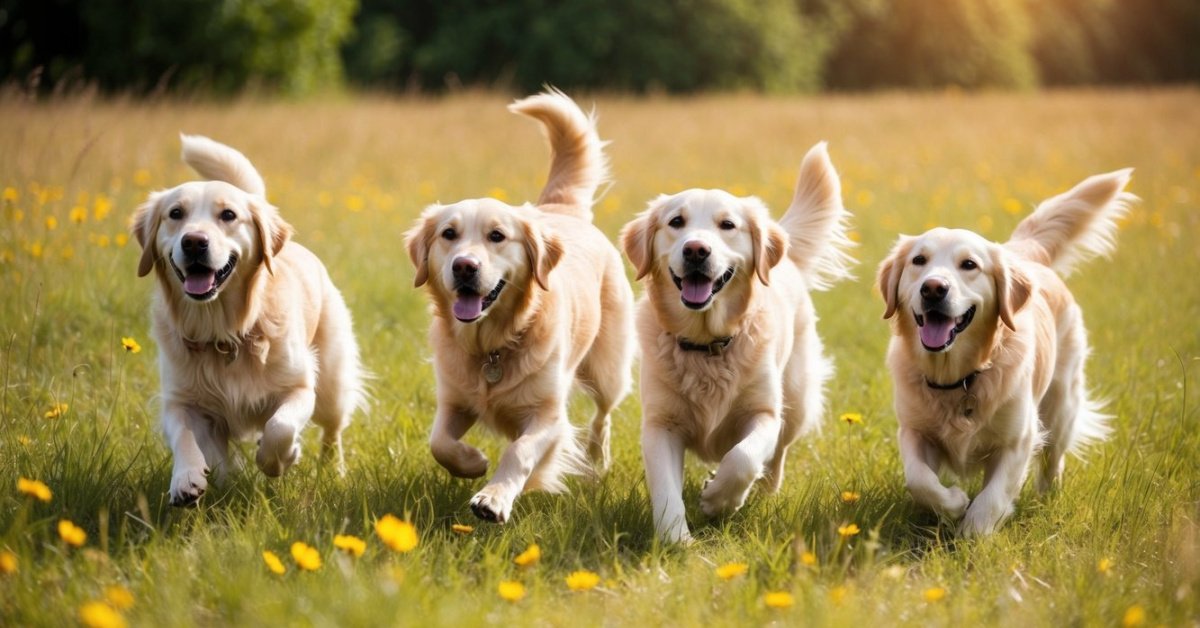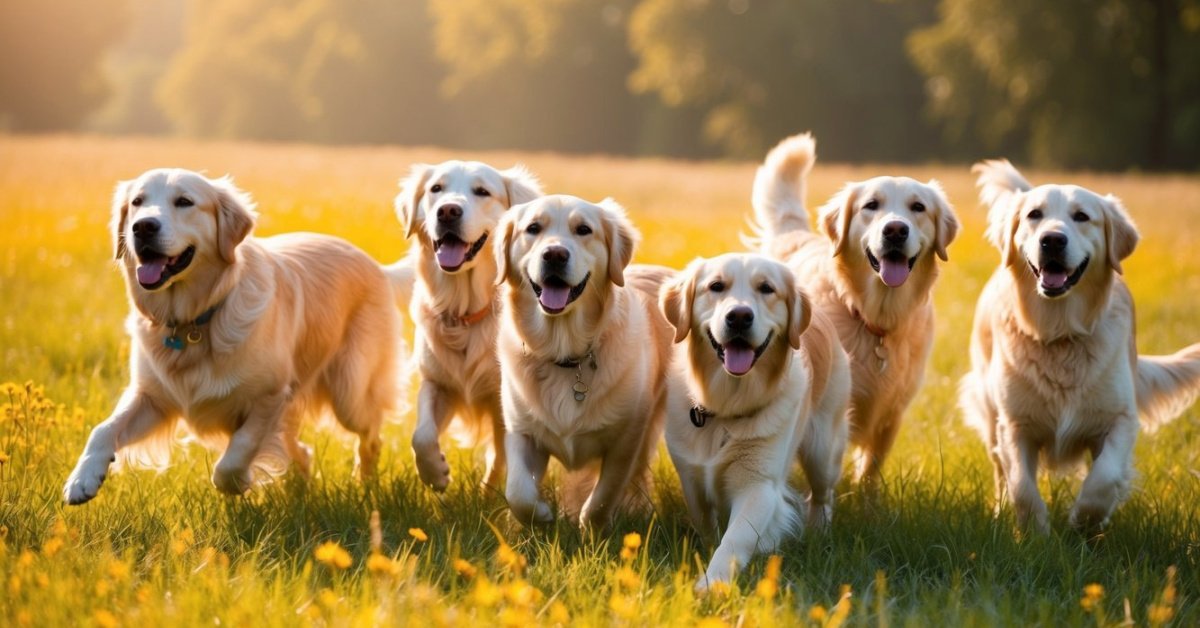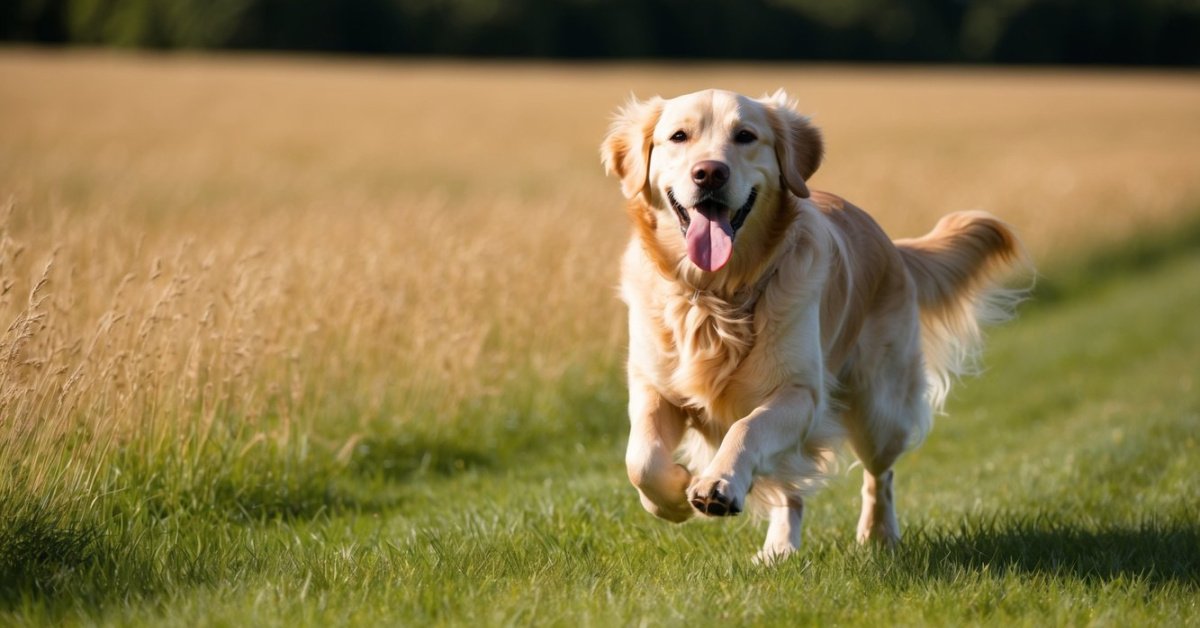Bringing a Golden Retriever into your life is an exciting adventure, but choosing the right breeder can make all the difference. With so many options out there, it’s easy to get swept up in the charm of those adorable puppies. However, not every breeder has your best interests at heart, and that’s where red flags come into play.
Common Red Flags
Identifying red flags when choosing a Golden Retriever breeder is crucial for ensuring a healthy and well-bred puppy. Here are some specific signs to watch for during your search.
Unclear Breeding Practices
Unclear breeding practices can be a major concern. If a breeder lacks transparency about their breeding methods, it raises questions about their overall ethics. I’m wary of breeders who can’t explain their rationale for pairing specific dogs or who refuse to discuss the ancestry of the puppies. Responsible breeders should provide documentation of lineage, highlighting the traits they aim for in their litters. A focus on maximizing genetic diversity and avoiding inbreeding is essential for healthy puppies.
Lack of Health Testing
A lack of health testing is another significant warning sign. Breeders must conduct health screenings for common Golden Retriever health issues, such as hip dysplasia and heart conditions. If a breeder doesn’t provide evidence of health clearances for both the puppies and their parents, it’s best to consider other options. Responsible breeders should readily share test results and explain the importance of these assessments in promoting the well-being of their dogs. Ensuring that a breeder prioritizes health testing reflects their commitment to responsible breeding practices.
Inadequate Socialization
Socialization plays a critical role in a Golden Retriever’s development. Lack of proper socialization can lead to behavioral issues and anxiety later in life.
Puppies Isolated from People
Breeders who isolate puppies from people create detrimental conditions. Interaction with humans fosters comfort and trust. Puppies raised without human contact may develop fear or aggression toward strangers. Choose breeders who prioritize regular interactions, ensuring puppies are friendly and confident.
Limited Exposure to Environments
Exposure to diverse environments is vital for a well-rounded Golden Retriever. Puppies need to experience various sights, sounds, and surfaces to build adaptability. Breeders who limit this exposure risk producing dogs that struggle with new situations. Look for breeders who take the initiative to introduce their puppies to different stimuli, from parks to busy streets, promoting balanced social development.
Poor Communication
Poor communication often signifies a troubling breeder. Clear dialogue promotes trust, while vague or dismissive responses can indicate deeper issues.
Ignoring Questions or Concerns
Ignoring questions or concerns about the breeding process or puppy care shows a lack of dedication. A responsible breeder should welcome inquiries and provide detailed answers. If a breeder frequently avoids questions or displays impatience, it signals trouble. I look for breeders who actively engage with me and eagerly address any uncertainties related to health, care, and socialization practices.
Hesitation to Provide References
Hesitation to provide references from previous buyers raises a red flag. A reputable breeder encourages potential customers to connect with past clients. Validating positive experiences reassures me of the breeder’s commitment to responsible practices. If a breeder hesitates or outright refuses to share this information, I consider that a warning sign indicating potential problems.
Breeder’s Environment
Evaluating the breeder’s environment is crucial to ensure your future Golden Retriever’s health and well-being. A proper setting promotes good habits and socialization, influencing a puppy’s overall temperament.
Unsanitary Living Conditions
Unsanitary living conditions often indicate a lack of proper care and concern for the dogs’ health. Breeders should maintain a clean and hygienic environment, free from feces, mold, and other contaminants. Dirty living areas can lead to health issues in puppies, such as infections or parasites. Always observe the cleanliness of the space where puppies are raised and stored, as it reflects the breeder’s commitment to a healthy upbringing.
Overcrowding or Neglect
Overcrowding or neglect signals potential problems in a breeding operation. Breeders should not house too many dogs in one space, as this leads to stress and unhealthy competition for resources. Puppies need socialization and individual attention to develop properly. If puppies appear distressed or withdrawn, it indicates neglect, and such breeders often prioritize profit over animal welfare. Visit the premises to gauge whether the dogs receive adequate care, space, and love.
Red Flags When Choosing a Golden Retriever Breeder
Identifying red flags in a breeder is crucial for ensuring a healthy and happy Golden Retriever. Several warning signs indicate potential issues.

Warning Signs to Watch For
- Lack of Documentation: Breeders who can’t provide health clearances or registration papers raise concerns about their breeding practices and commitment to quality.
- Avoidance of Health Testing: Breeders neglecting health screenings for issues like hip dysplasia or heart conditions demonstrate a lack of responsibility. Always request test results.
- Isolation of Puppies: Breeders who keep puppies separate from people hinder their social development. Look for breeders who encourage regular human interaction.
- Poor Communication: Breeders unresponsive to questions may exhibit disinterest in their dogs’ well-being. Clear and open communication is essential in a trustworthy relationship.
- Unsanitary Conditions: Dirty living spaces indicate neglect. Healthy puppies require clean environments to thrive, so carefully evaluate the breeder’s premises.
- Overcrowding: Breeders with crammed facilities don’t provide necessary individual attention, leading to behavioral issues. Ensure each puppy receives the care it needs.
Trust Your Instincts
« Essential Guide to Managing Golden Retriever Diabetes: Tips for Happy, Healthy Pups
How to Train a Golden Retriever Puppy to Lie Down: Tips for Success »
Trusting instincts plays a vital role in choosing a breeder. If something feels off during your interactions, don’t ignore those feelings. Always prioritize the health and happiness of your future Golden Retriever. If a breeder displays multiple red flags or makes you uncomfortable, consider other options. A responsible, caring breeder will instill confidence and ensure a positive experience.
Conclusion
Finding the right Golden Retriever breeder is a journey that deserves careful consideration. By keeping an eye out for red flags and trusting your instincts, you can ensure a positive experience for both you and your future furry friend.
It’s all about prioritizing health and happiness. A responsible breeder will be transparent and communicative, providing a nurturing environment for their puppies. Remember that your choice now can lead to a lifetime of joy and companionship. Don’t hesitate to explore your options and seek out a breeder who truly cares. Your perfect Golden Retriever is out there waiting for you.











